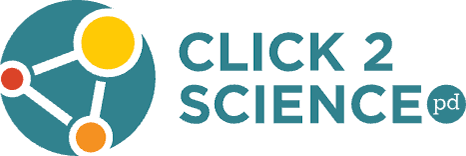A Messy Topic: Why Doing Science is Important

A Messy Topic: Why Doing Science is Important
Is memorizing content the same as learning it?
Not according to most afterschool educators, who regularly involve children in investigations, inquiry and local phenomenon. Yet school-day science often insists that students learn by memorizing facts or vocabulary. So, what are we to believe?
Recent research supports the claim that youth learn by “doing”—by rolling their sleeves up and “getting messy.” National publications such as Ready, Set, Science! and the Framework for K-12 Science Education highlight the importance of learning science through hands-on experiences. According to their reports, engaging youth in the explanation, argumentation, engineering, and modeling of science will help them recognize that science is not just something to memorize—but rather a real, human endeavor that they too can participate in.
Learning by doing has far-reaching implications for equity.
Underrepresented youth who encounter barriers to forming a science identity can be empowered by engaging in active STEM learning outside of traditional school hours. For example, a study by Calabrese Barton and Tan (2010) found that minority youth in afterschool programs were able to build stronger science identities by working to change a real-life problem in their community. This kind of hands-on learning helps students simultaneously learn the “what” of science information, the “how” of science practice, and the “why” of social impact.
Perhaps we should stop placing so much importance on “what they learn about” and focus more on “why they practice.”
Reflect on how your program thinks about science education.
Do you and your colleagues plan for youth to “do science?” Do you build in hands-on learning experiences? Do you relate science to the real world?
How do you have conversations with school-day planners of science learning? Do they seem to value inquiry as much as your afterschool colleagues?
How can the resources linked to in this article help broker conversations about more equitable science?
